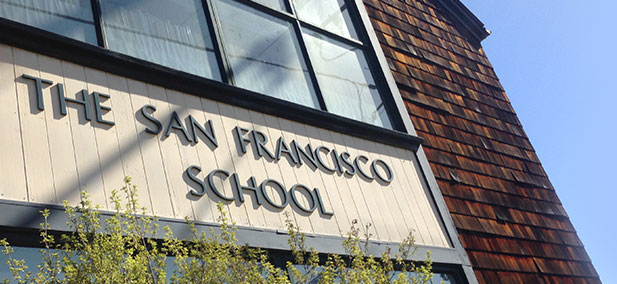Science
The 7th Grade Life Science program takes students on a journey into the world of living things.
The primary goal is to spark students’ natural curiosity about the world of living things around them, and compel them to ask questions, conduct independent investigations, and seek unique solutions as they become young scientists. Throughout this course, students will use evidence to support claims, evaluate data, and draw logical conclusions.
Students understand the foundations of science (scientific method, design/engineering thinking process, lab equipment/safety); characteristics and chemistry of living things; cell theory and cycle; genetics; evolution; and ecology. Students also consider the social justice and science by considering the ethics of experimentation, such as in the Tuskegee Experiment.
Active class activities are uniquely developed to explore the scientific method, design thinking/engineering design process, ecology, cell biology, genetics, and evolution. A variety of resources are used, including the Discovery Education Science Techbook and various technology applications including (but not limited to) Quizlet, Sutori, Socrative, and Flipgrid video, allowing students to demonstrate mastery of key course concepts in differentiated ways.
Essential Questions
- How do I think and behave like a scientist?
- Why do biologist think healthy communities are diverse and interconnected?
- What does it mean to be alive?
- What role does race and socioeconomic status play in experiments involving human subjects?
Learn more about our Science program in the Curriculum Guide.
